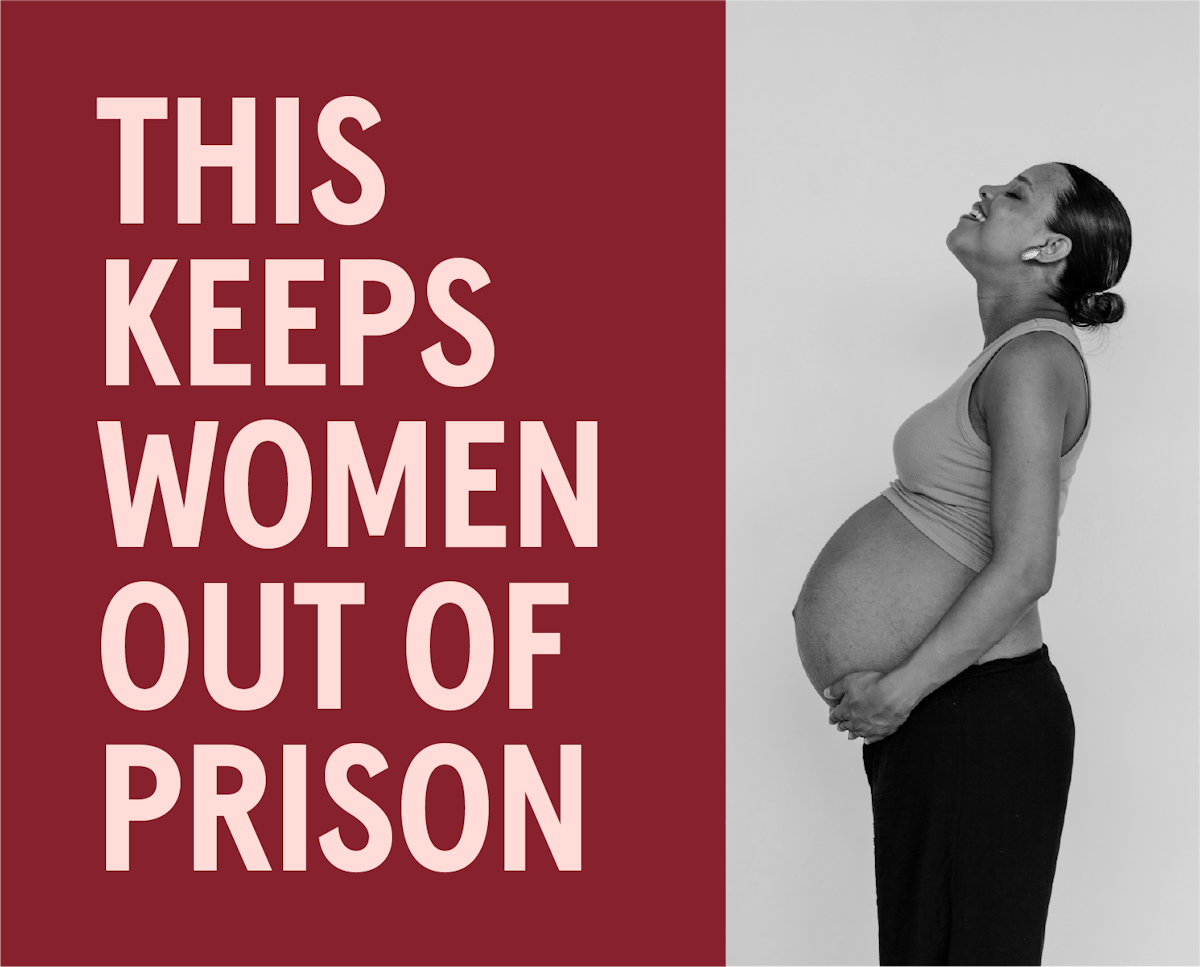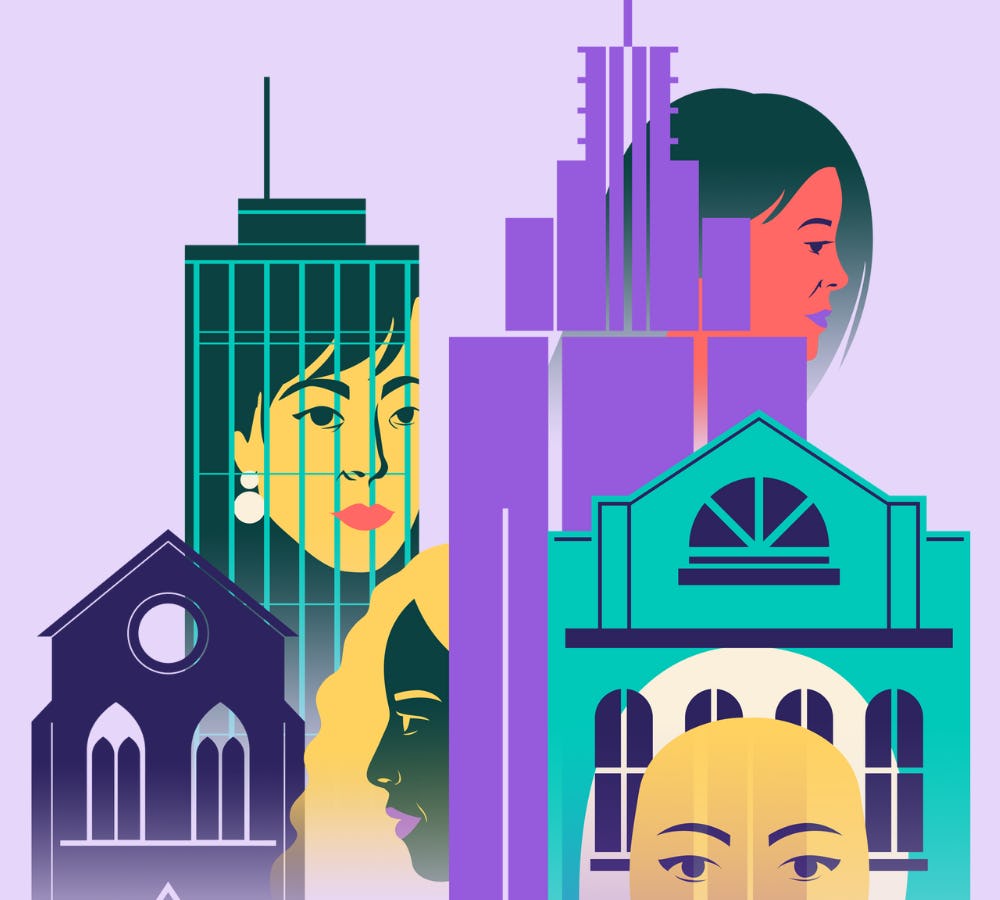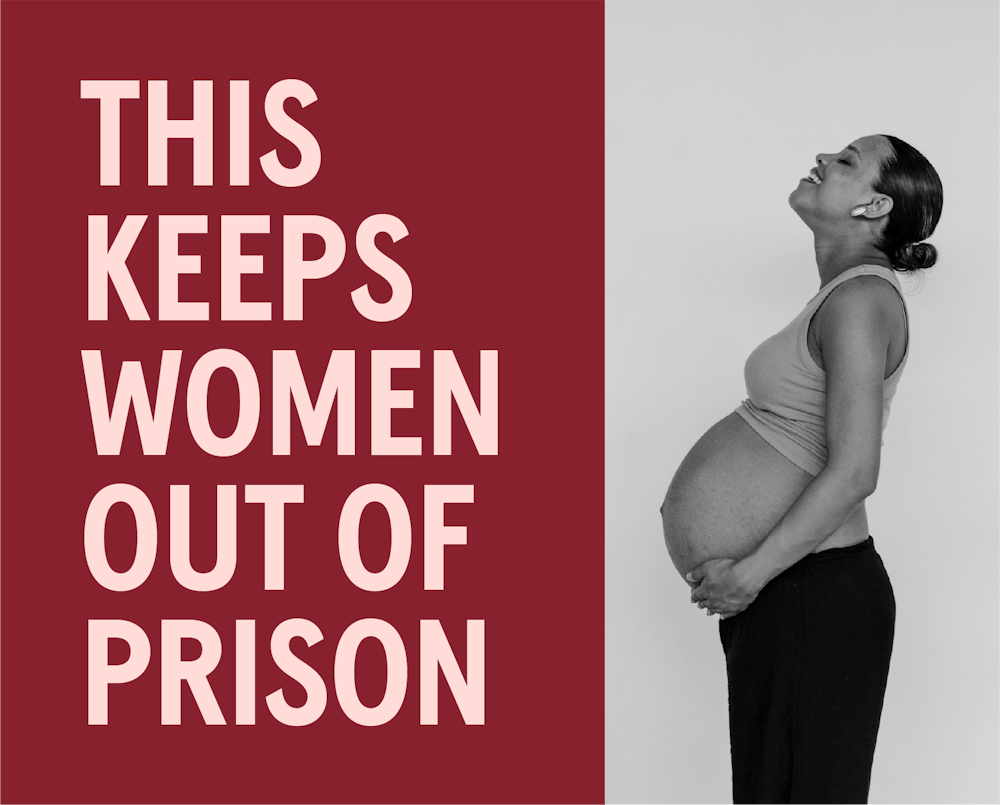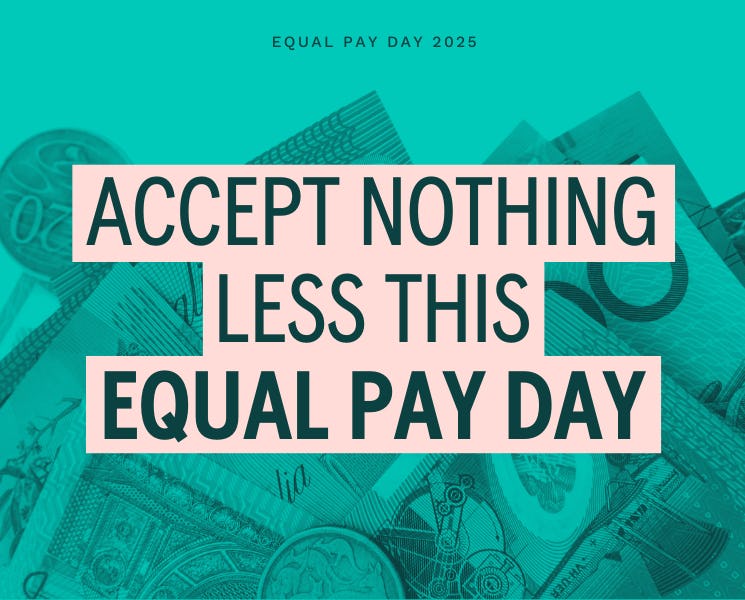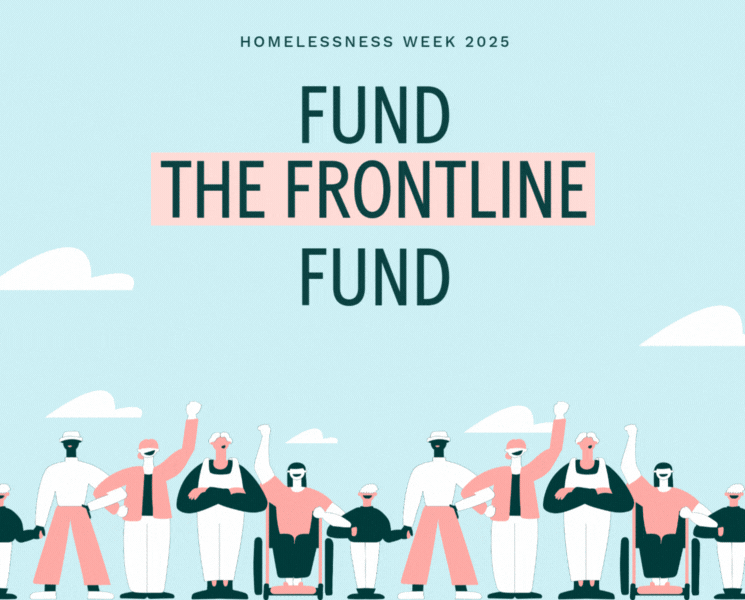Proving what we’ve long known: with the right post-prison support, women don’t go back. They rebuild. Find out how From Now works and why it needs to grow.
Prison might be part of her story — but it is never the whole story.
We’re proud to launch a new WAGEC report that proves what frontline workers, advocates, and women themselves have long known: with access to safe housing and the right support, women rarely go back to prison — they rebuild.
This Keeps Women Out of Prison shares findings from the first 18 months of WAGEC’s From Now program, an innovative model for justice reform, that supports women as they transition from prison back into community.
Drawing on frontline data, participant stories, and systemic analysis, the report unpacks why women are the fastest growing prison population in Australia — and what it takes to break the cycle of incarceration.
A growing crisis
Women are the fastest growing prison population in Australia. And yet, services have not evolved to meet their needs.
In NSW, there are currently more than 850 women in prison. 81% are in minimum security. And over half are on remand, meaning they haven’t been sentenced yet.
98% of these women have experienced domestic violence, sexual and physical abuse, substance abuse and addiction, mental illness, and homelessness.
44% identify as Aboriginal and/or Torres Strait Islander, despite making up just 4% of women in the general population.
63% are mothers. Approximately 10% are pregnant behind bars. 17% were living with their children before incarceration.
And in a recent review of 48 women in custody, 43 were expected to be released into homelessness. That’s 90% with nowhere to go.
These numbers tell a story of exclusion, discrimination and inadequacy — of women being punished for poverty, trauma, and survival. And they reveal a system that continues to remove children from their mothers and send women back to prison, to repeat the cycle again and again.
“What’s missing in our justice and social systems is real understanding, especially for women who are mothers or pregnant. Too many of our women are being refused bail and held in custody, often for things that would be handled differently if they were not Aboriginal and Torres Strait Islander, if they were not poor, if they had safe housing. This is not just unfair, it’s dangerous.” — Jenny Holmes (Dharawal/Darug), From Now Project Lead
How the justice system punishes survivors
Every day in NSW, women are punished not just once, but twice — first by a justice system that was never built for them, and again by a society that shames them for surviving it. This “double deviance” effect means women experience greater shame, greater stigma, and greater difficulty accessing the services that might otherwise help them heal.
Most women in prison are not there because they are dangerous. They are there because they’ve been failed — by systems, by services, by people. They’ve survived domestic violence, childhood trauma, poverty, racism, and addiction. And they’ve done so while trying to raise children, navigate government systems, and survive during a cost of living crisis.
When women are released from prison, they are expected to start again. But how can they rebuild their lives when so many doors are still closed? When affordable housing is out of reach, services exclude them because of their criminal record, and their children have been removed?
Right now, it is estimated 40% of women re-offend following their release. But we also know that a key factor is housing insecurity, which is something we can address. And with your help, we are.
How the right support keeps women from going back
From Now is built for women who are often excluded from mainstream services — because of their criminal record, parole conditions, substance use history, Aboriginality, or parenting status.
By removing those barriers and offering trauma-informed, holistic support, the program is reducing recidivism and providing an essential pathway for women to re-enter community and reconnect with their children.
Over 16 months, From Now supported 115 women and 109 children through a combination of outreach services, and post-release accommodation. That’s over 3,745 nights of safe accommodation for women and children.
Our experienced team also delivered over 1,800 case management sessions, supporting women to find housing, recover from violence, access mental healthcare, reconnect with their families, and actually start again.
Some went back to study. Others found employment and a safe place to stay. All were given a chance to be seen as more than their sentence, or what they did.
Insights from the report
About the participants
154 people got in contact through the program.
115 women and 109 children supported through the program.
19 women given emergency and transitional accommodation.
1,963 total direct communications and meetings with program contacts.
28% of participants were aged 26-35.
100% of women in the program are mothers.
56% listed their primary reason for seeking support as: Conditions of bail, parole and intensive community orders, followed by transition from custodial arrangements.
At least 41% of participants identified as Aboriginal and/or Torres Strait Islander.
Key outcomes
Every woman who entered the program with an open DCJ case successfully retained custody of her child.
85% of participants completed a parenting education program.
100% of participants in accommodation completed training on the impacts of DFV on themselves and their children.
100% of women participated in case management.
100% of participants reported an increase in their connection to local women’s services.
100% of children in accommodation between 5-16 years old have expressed increased positive experiences.
33% of women increased contact with their children through direct case management support.
“What this report shows is that when women are housed, connected, and better supported, they rarely return to prison. That’s better for them, better for their children, and better for our whole community. This model works. Now we need to back it.” — Nicole Yade, CEO WAGEC
What makes From Now different
WAGEC’s From Now program is the only one of its kind in NSW. It provides women exiting prison with safe accommodation, trauma-informed support, and the tools to keep their families together. It is a feminist response to a systemic failure.
It’s designed to do what others don’t: provide immediate, practical support so women can focus on their health and wellbeing, perhaps for the first time in their lives. It recognises women leaving prison face enormous structural barriers — and that those barriers are not just logistical, but often deeply emotional and traumatic.
From Now disrupts that pattern. It does not ask women to prove they are worthy of support. It starts from the belief that they already are.
The program also takes an intentionally holistic approach. It offers housing, case management, parenting and DFV support, and cultural connection, especially for Aboriginal and Torres Strait Islander women. Services are delivered in collaboration with local community organisations, healthcare providers, and legal advocates.
Most importantly, From Now was co-designed with women who have lived experience of incarceration. That expertise shapes every part of the program.
Recognition in the courts, and beyond
As From Now has grown, it has started to gain recognition in NSW courts as a credible alternative to incarceration. Magistrates are increasingly considering a woman’s participation in the program when deciding whether to grant bail or remand — a quiet but significant shift toward more compassionate, community-based responses to women’s offending.
From Now works, but it is not yet resourced to meet growing demand. The next step is scaling this model and building partnerships across the sector.
This model works. Now let’s back it.
WAGEC created From Now because we believed something better was possible. This report is proof. It is also a reminder of what’s still required.
There are more women leaving prison today than ever before. They deserve more than a bus ticket and a brochure. They need housing. They need holistic care. And they need the backing of a community that refuses to punish them again.
Three ways you can support women exiting prison:
- Download → This Keeps Women Out of Prison and share your biggest takeaway on social media
- Partner → Are you a service provider that wants to get more involved? Contact us for more information on our upcoming consultations
- Donate → Make a donation if you want to back her, from now.
Together, we can help keep women out of prison.
Thank you to the women who participated in From Now and trusted us to walk beside them. Your strength and honesty shape everything we do. To our staff, partners, community, and funders including the Judith Neilson Foundation — thank you for backing a different kind of justice.
